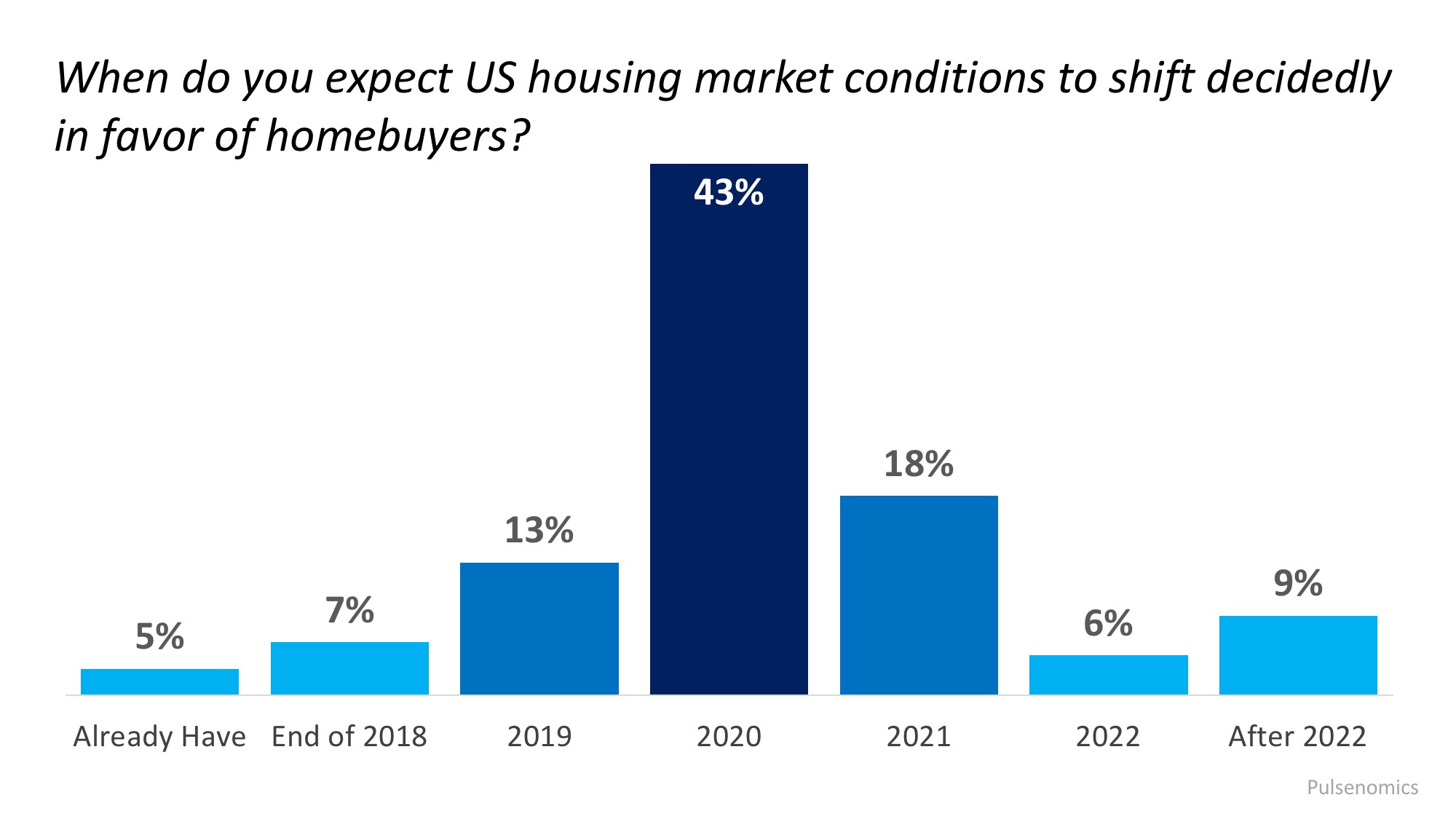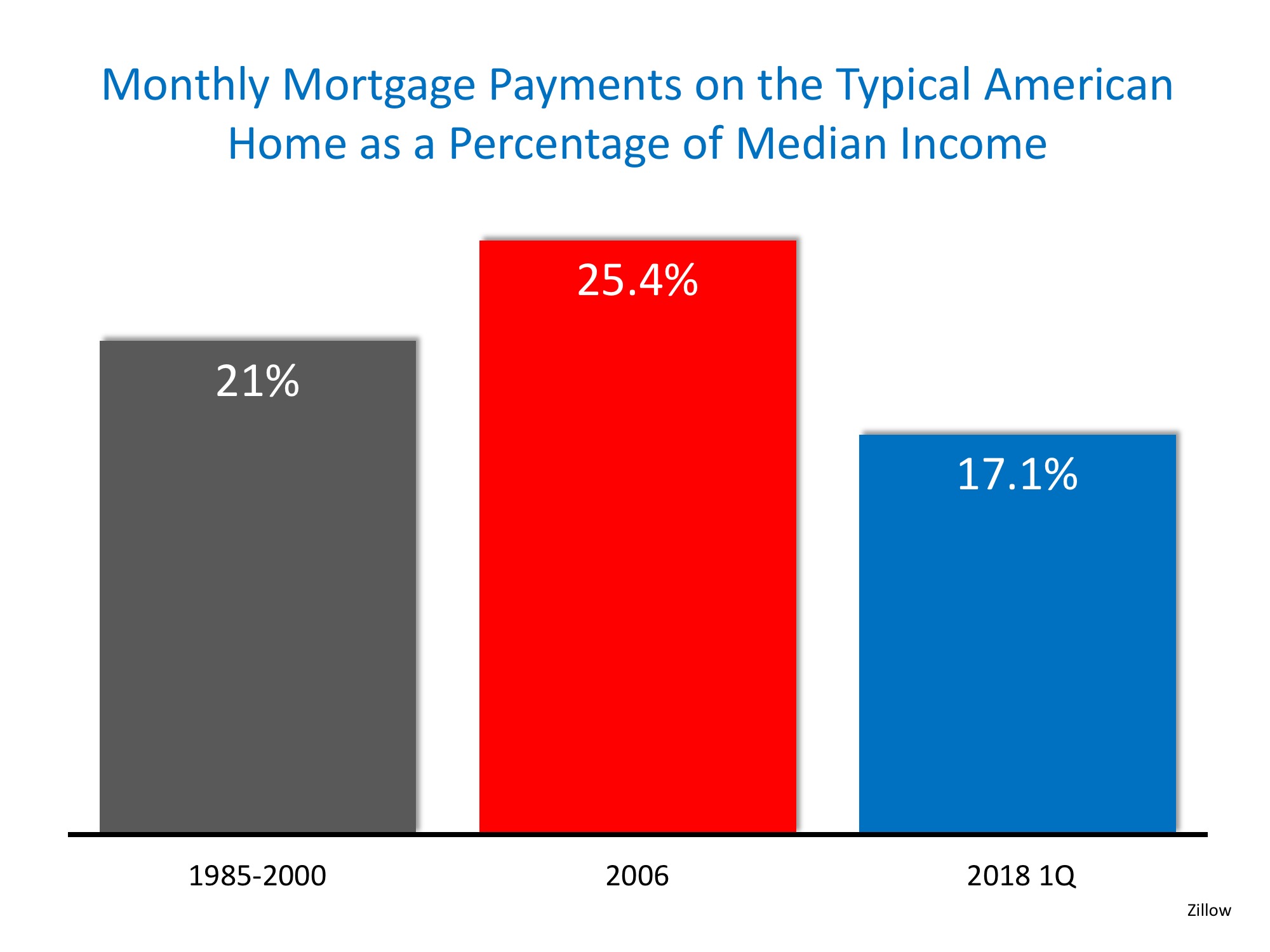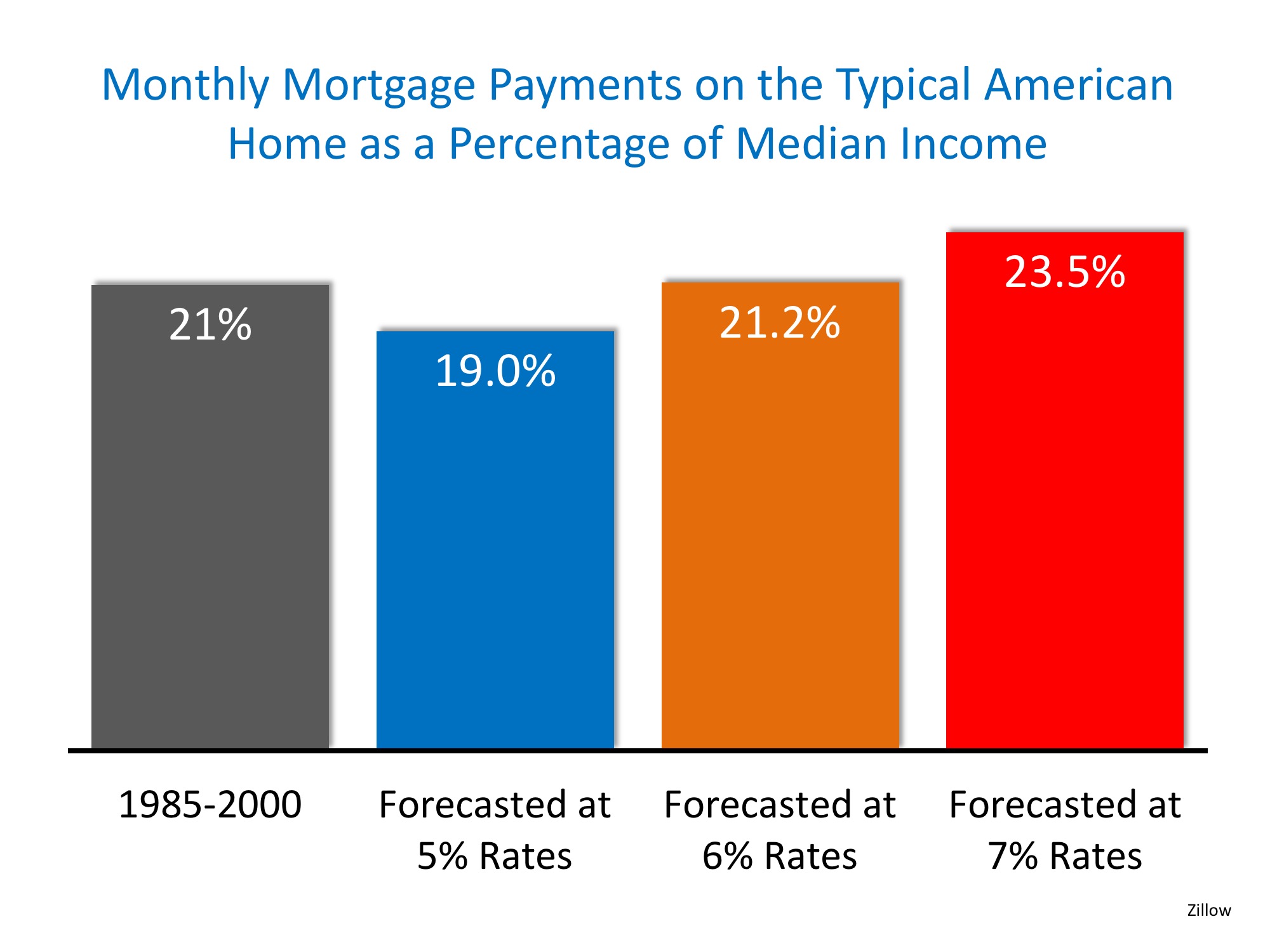4 Tips to Sell Your Home Faster
Since June of last year, we have seen an increase in the inventory of homes for sale month per month. Every spring and summer, the inventory increases because people want to sell their home. For those with children, they may want to be in their new home for the beginning of the school year.
If you are one of those sellers, you may find these 4 tips helpful in getting your home sold more quickly.
1. Make buyers feel at home
Declutter your home! Pack away all personal items like pictures, awards, and sentimental belongings. Make them feel like they belong in this house! According to the Profile of Home Staging by the National Association of Realtors,
“83% of buyers’ agents said staging a home made it easier for a buyer to visualize the property as a future home.”
Not only will your house spend less time on the market, but the same report mentioned that,
“One-quarter of buyers’ agents said that staging a home increased the dollar value offered between 1 – 5%, compared to other similar homes on the market that were not staged.”
2. Keep it organized
Since you took the time to declutter, keep it organized! Before the buyers show up, pick up toys, make the bed, and put away clean dishes. It is also a good idea to put out some cookies fresh from the oven or a scented candle. Buyers will remember the smell of your home! According to the same report, the kitchen is one of the most important rooms to stage in order to attract more buyers.
3. Give buyers full access
One of the top four elements when selling your home is access! If your home is available anytime, that opens up more opportunity to find a buyer right away. Some buyers, especially those relocating, don’t have much time available. If they cannot get into the house, they will move on to the next one.
4. Price it right
As we mentioned at the beginning, more inventory coming into the market guarantees there will be some competition. You want to make sure your home is noticed. The key to selling your house in 2019 is ensuring it is Priced to Sell Immediately (PTSI). That way, your home will be seen by the greatest amount of buyers and will sell at a great price before more competition comes to market!
Bottom Line
If you want to sell your house in the least amount of time at the best price with as little hassle as possible, a local real estate professional is a useful guide. Call us today to find out what you need to do to sell your home more quickly in this great market.





